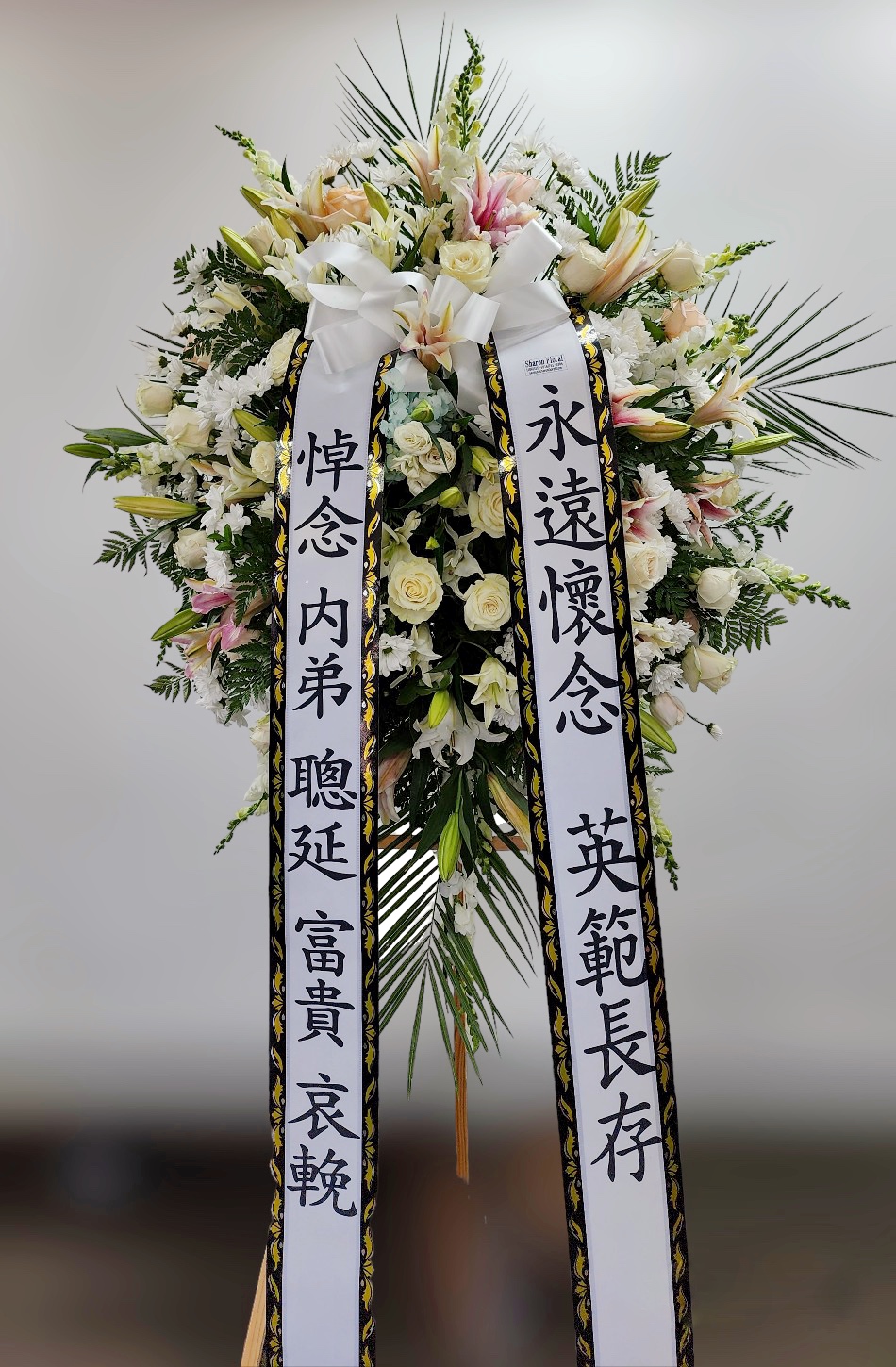Revealing the Appeal of Funeral Flowers Near Me: Motivation and Ideas
Discover Tranquility and Solace in Meaningful Funeral Service Blossom Tributes
In times of loss and sorrow, locating solace and convenience can frequently be a tough venture. However, one method that has long been identified for its capability to supply a sense of tranquility and harmony is through the language of blossoms. The practice of honoring enjoyed ones with floral homages during funeral services is a practice soaked in importance and significance, with each bloom bring its very own value. These purposeful funeral blossom arrangements act as a poignant expression of compassion and remembrance, offering a method to share emotions that words often fail to catch. Yet how precisely do these flower tributes offer a resource of comfort and solace to those in grieving?
The Importance of Funeral Service Flowers
Why do funeral blossoms hold such extensive value in memorializing the left? Funeral blossoms have long been a sign of revealing condolences, sympathy, and respect for the deceased.
The option of particular flowers for a funeral tribute can also share much deeper definitions and beliefs. As an example, lilies are usually linked with the remediation of innocence for the left spirit, while roses represent love and remembrance. The colors picked for the flower setups can better boost the message being communicated-- white flowers signify pureness and peace, while red blossoms might represent love and nerve.
Kinds Of Meaningful Flower Tributes
The profound significance of funeral flowers expands to the numerous types of significant blossom homages that are generally used to honor the left individual and give convenience to the mourning family members and buddies. One of the most standard blossom homages is the casket spray, a large flower setup positioned on top of the casket. Each type of flower tribute brings its very own symbolic definition and serves as a touching way to honor and remember the departed.
Choosing the Right Funeral Flowers

Lilies are usually linked with the repair of innocence for the left spirit, while roses symbolize love and regard. Chrysanthemums are typically used description in funeral floral arrangements as an icon of loyalty and committed love.
When choosing funeral flowers, it is essential to think about the choices of the departed or their family, along with the religious and social importance of particular blooms. By picking the best funeral blossoms, you can create a purposeful homage that honors the memory of your loved one.
Symbolism and Significance Behind Flowers
Checking out the symbolic significance of different blossoms enhances the process of picking proper funeral homages, adding deepness and meaning to the flower setups chosen to recognize the dead - Sympathy Flowers. Each flower brings its very own unique meaning, making it vital to think about the messages shared by specific flowers when crafting a purposeful homage

Expressing Sympathy Through Floral Arrangements
Symbolically substantial flowers in funeral plans serve as poignant expressions of compassion for the bereaved. When choosing floral homages to communicate sympathy, it is vital to think about the meaning behind each blossom.
The mindful choice and setup of these flowers can connect unmentioned emotions and give solace to mourning individuals. Whether sending out a standing spray, bouquet, or wreath, each flower tribute has the power to share a message of sympathy and concern. By revealing acknowledgements with these purposeful floral setups, one can provide a substantial sign of assistance and care to those that are grieving the loss of a liked one.
Conclusion
Finally, purposeful funeral flower homages hold fantastic value in expressing compassion and recognizing the deceased. Comprehending the kinds of flower plans and the meaning behind each blossom can aid individuals select the right floral homage for an enjoyed one's funeral. By choosing the ideal flowers and arrangements, one can locate peace and solace in recognizing the memory of the left.
